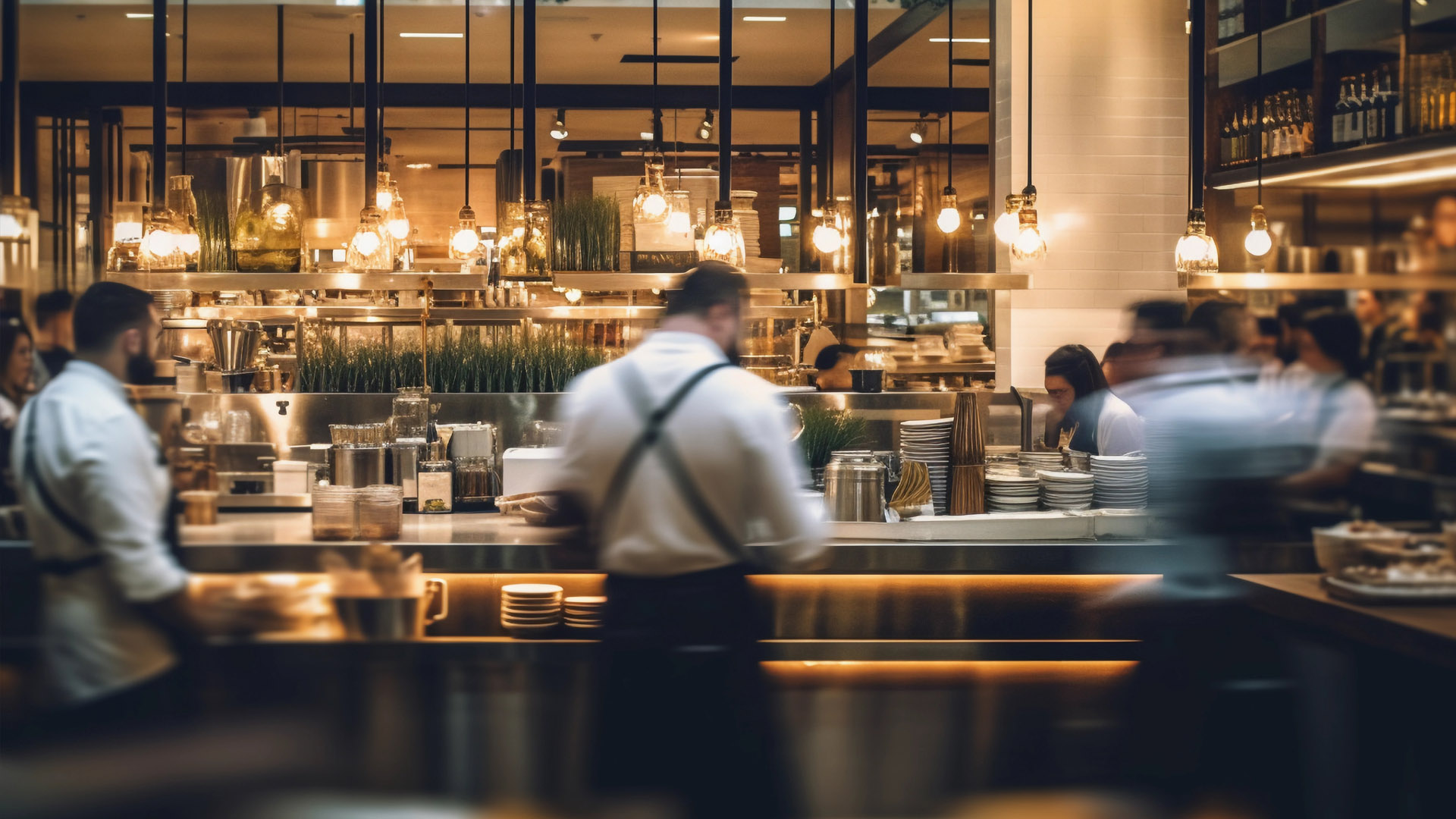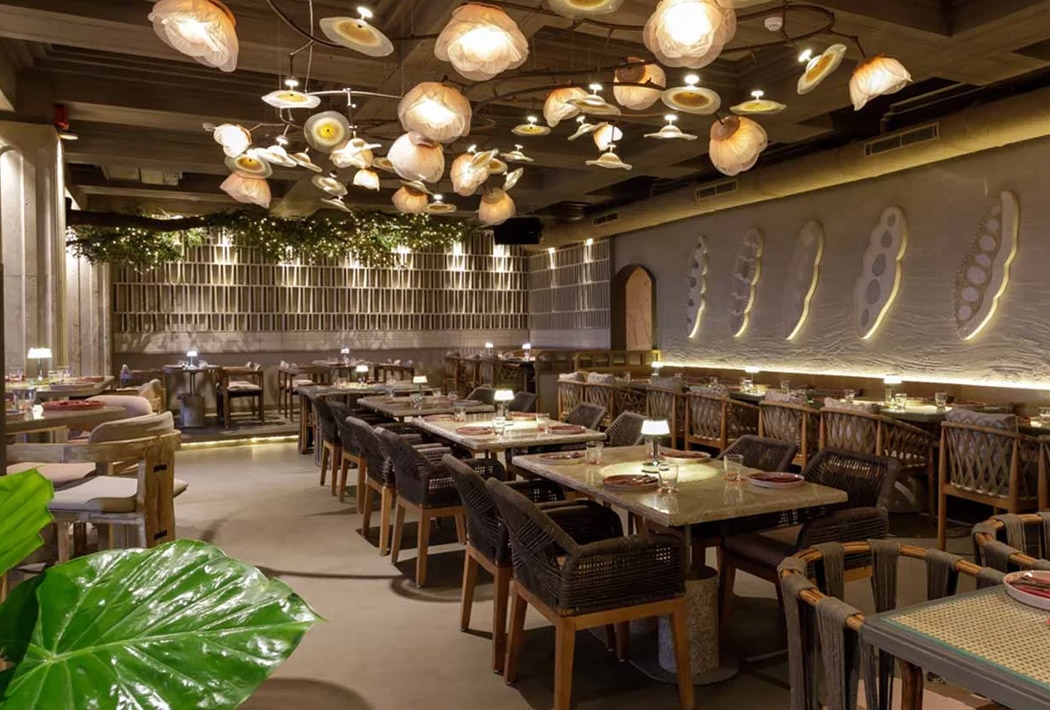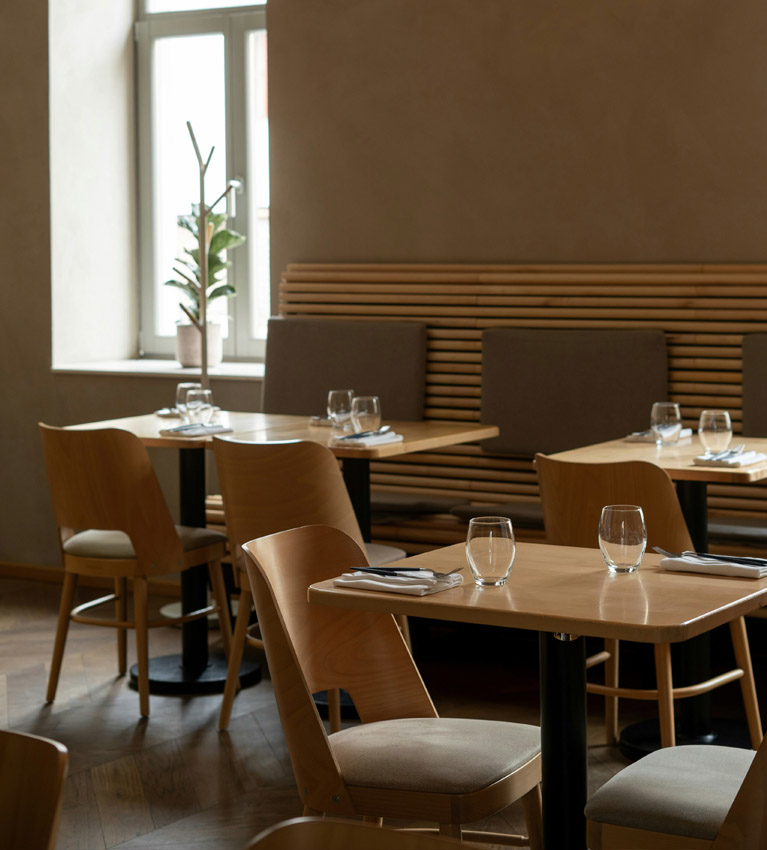
Is it Really all about the Food?

The Institute of Tourism Studies Welcomes Back Students for Academic Year 2023-2024
November 23, 2023
What Are We Eating?
November 25, 2023Le Gavroche, the world-renowned London restaurant is closing down. Another successful and iconic restaurant in London, The India Club, has also hosted its last diners. These two restaurants together have been dishing out food and drink and making memories for over a century and a quarter.
Should such news send any entrepreneur aiming to enter the restaurant business into despair? Should the fear of failure, or possible closure, put off all but the brave?
The list of restaurant closures, imminent or not, sounds like the universal death knell of fine, or at least good, dining. Noma, the Danish giant of restaurants will be shutting its doors in 2024; El Bulli, that trail-blazing place which revolutionised the gastronomy world, closed down some years ago. Yet, for a time, both Noma and El Bulli were so successful at creating an aura of excellence that, unless you were the lucky privileged, you had to wait a number of months if not years to get a table.
Is a restaurant, however successful, bound by some rule of longevity or fatalism that sees it falter, and inevitably fall to its demise?
Could it be that, like all living things, restaurants at some point, however sensational, die? Does death equal failure? If a man or a woman are renowned for something creative, their death, their end, is not seen as a failure. Shouldn’t we look at restaurants in the same way and look at their lives with less nostalgia and more reverence?
Some restaurants do not survive more than a few years. But still, is it definite failure? Or just a combination of factors, sometimes negative, sometimes overwhelming, that make the owners move on and decide to euthanise their own creation?
Malta too has throughout the years seen many restaurants close.
The names of quality eateries that have closed down in Malta are like litanies of sweet memories of food, good times which seemed to promise eternal success. These food temples were a true piece of la dolce vita of Malta.
Barracuda, Bologna, Pappagall, Lord Nelson, Phoenix, Malata, Il Re del Pesce, Mezzodì, Alexandra’s, Mange Tout, Christopher’s: to some these names will conjure up feasting on quality fare. These restaurants all had their final days of glory some time ago, yet their names remain etched in the minds of those who have an interest in what happens to restaurants after a successful – or maybe not so successful – run.
Yet, while preparing good, even sumptuous food, barring a few exceptions, how many restaurateurs in Malta have been audacious and original? Beyond the restaurateurs themselves, how ready are local diners to try out the new, the different, the twist in all that’s presented to them? Are diners both local and foreign given enough knowledge and background to seek different fare from the usual? And beyond even the restaurants and diners, what about the institutes which teach the art of food?
Students who follow courses need to know the rudimentary and the traditional ways of cooking very well before they can explore the ways of experimentation. Not just experimentation with the usual fare but also venturing further afield into realms where our restaurants rarely go. But are the budding Chefs encouraged to do so? Are diners, or potential diners, given enough opportunity to find out more about food, preparation, appreciation of different tastes, and given the means to explore the fare of the experimenters?
Is innovation a word that stirs fear in our food world?
Or are we, as a country, more interested in the bland, the usual, the uniform formality, the food, drink and ambience that will not challenge our senses but makes us feel we are in a cosy place which can be anywhere on the island or in the world? Could it be why chains of coffee shops, restaurants and all sorts of eateries are so successful? Because we, as a rule, hate individuality and want more of the same always dished out in the same deadpan way?
One of the places which years ago was a landmark was called Chains. It was a restaurant with a view when St Julian’s and Spinola were still under-developed and resembled more a fishing village than a mecca for bars, restaurants and mayhem. What was Chains restaurant, is today another of these chains of coffee shops which are the same or basically the same in every country in the world. From uniqueness to sameness: irony unlimited.
The story of Sixth Leaf is another story of innovation gone dead. The husband-and-wife team who ran the restaurant were experienced Chefs who ran and part-owned restaurants offering fine dining and food that was traditional. Normal fare that was loved by all. A few years ago they hit on an idea to go into a niche market practically untapped in Malta. They offered a menu which basically excluded meat and fish.
As the name Sixth Leaf suggested, the main ingredients making up the menu were plant-based. The team thought they had carved out their niche perfectly: vegetarians and vegans would rush over to their restaurant and even, they reasoned, attract non-vegetarians and non-vegans who would want to explore these new dishes. They thought that people would flock to their restaurant. After all, they reasoned, isn’t over-consumption of meat seen as contributing to the climate crisis?
But diners, or potential diners, were not ready to do any exploring. They wanted their usual fare of meat, more meat and fish, and all things non-plant based. Vegetarian, even vegan, food is not necessarily healthy and the idea that going to the restaurant was like a visit to a salutary oasis put people off.
Most people, and even some of those involved in food teaching, coaching and consultation, are not prepared enough, and know little about plant-based food. In the world at large – Malta being no exception – if diners are deprived of meat or fish they feel they are not being properly fed.
It takes a lot of preparation and research to get plant-based dishes right. It takes patience, knowledge of sciences and perseverance. Yet Waleed and Penka, the Chef Patrons at Sixth Leaf, were ready to face that. Circumstances and maybe the location – in Tal-Magħtab off Salina which by local standards is isolated – contributed to kill off the concept.

Penka and Waleed have converted their old place, which housed Sixth Leaf, into a traditional trattoria with pizza, pasta and risotto on their new menu. But although they feel they have lost part of the battle by going mainstream and offering their patrons the usual food, they still plan to reopen Sixth Leaf in another location. Hope never dies with a restaurant’s demise; hopefully for vegans, vegetarians and those gourmands who are ready to try the new and different, Sixth Leaf will rise again like the legendary phoenix.
Niche markets, and finding ways of keeping them alive, would help the restaurant market immensely. If training could be given and more awareness campaigns are launched this segment of the restaurant world could be a boon to diners, visitors to Malta and anyone who really cares about what the whole world of food is made up of.
Restaurants do not – in fact hardly ever – exist or survive only on or because of the food they offer. No amount of good quality food will keep a restaurant going if the whole structure of the restaurant business is not maintained properly.
As Lino Schembri, one of the country’s main experts in the hospitality field, says: “There is such a thing as a secret formula to success but this is just a theoretical one. Schooling and preparation is important to understand the management side of things. While many think that a restaurant is about the art of cooking, that obviously is a big part of the business, but it is also the biggest cash drainer of the enterprise. A restaurant has to be, above all, managed and balanced well.”
Michael Cauchi, the man who quite a number of years ago ran, cooked at, and owned, Il Re Del Pesce (literally The King of Fish, but a better translation is the best place for fish), is today still referred to as il re del pesce. Although the place has closed down, the memory – and the memories it gave many diners – persists that the place was a success. Yet it was an unsustainable success: too much stress on the food element and nothing else.
Michael admits that if he had to give any advice to anyone opening a restaurant today he would say: “Learn all you have to learn before you venture into any restaurant business. But the main thing you need to learn, way more than about food, is that you need to get professionals to guide you. Accountants for the finance and lawyers for anything that you put your name to.”
The food world today in Malta is exciting and vibrant. Yet the recent news about the alleged low profits being made should send signals to all the people involved in the world of food.
Restaurants, good, bad and ugly ones, come and go. This is the way of life, even of the food world, and this is to an extent what makes the restaurant world so vibrant and challenging. But like all good things it needs nurturing, looking after, and to be studied.
Ideally more should be done to find out what keeps a restaurant going and what leads it to its death.
Although humans die, scientists, doctors and a bevy of other people learn all about life and how to keep humans alive, kicking and healthy. May the same happen to restaurants and those who keep them going.

Victor Calleja
Victor Calleja is a writer and columnist for Malta’s leading newspaper. For a number of years he edited Insider, a gastronomy and hospitality magazine. He also edited Archetype, centred around urban living. Victor loves anything connected to words, food, travel, and storytelling.
vc@victorcalleja.com
Click here to see Horeca Issue 13 online



